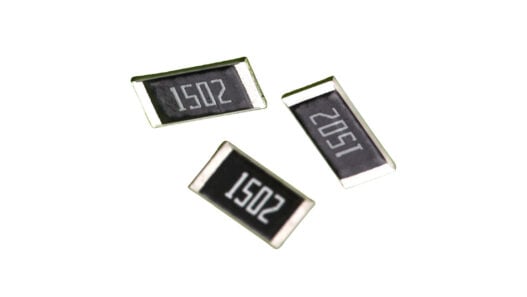Here, Michele Windsor, Global Marketing Manager of Accutronics, has explained how advanced batteries can help to solve the problem.
Computer carts are highly practical for workers that are required to move from one location to another, such as between hospital wards or school classrooms. There are many advantages with battery-powered computer carts. They can be wheeled between locations without having to be powered down, making tasks more efficient by reducing interruptions and help to reduce paperwork. The carts can also be positioned at head-height, to improve comfort and posture for workers who stand during tasks.
Nevertheless, the main restriction on the use of computer carts is lack of space. Many modern healthcare facilities, and their small patient rooms, are still not designed to accommodate them. In fact, a recent survey in the US by Ergotron and HIMSS Analytics ranked space restrictions and the placement of fixed equipment as the biggest challenges workers face when using bedside technology to care for patients.
More power, less space
A key issue for original equipment manufacturers (OEMs) is to reduce the size of computer carts while ensuring they have sufficient power.
A top priority should be to consider the battery’s energy density. With commonly-used sealed lead acid (SLA) batteries, many are found to have poor volumetric and gravimetric energy density. This is why many OEMs have turned to Lithium Iron Phosphate (LiFePO4) alternatives such as Ultralife Corporation’s smart URB12400-U1-SMB battery, commonly known as the U1.
The U1 has a gravimetric energy density of 91Wh/kg, up to three-times greater than that offered by standard lead acid batteries. The U1 is therefore significantly lighter than SLA batteries, which can make computer carts easier to manoeuvre.
As well as having a reduced size to fit smaller carts, the U1 can be mounted in any direction, including the most space-efficient, to adapt more readily to compact cart designs. The battery can be further embedded into the device as a result. What’s more, the battery doesn’t have to be replaced as often because LiFePO4s can last up to three times longer than conventional SLAs.
Medical computer carts
Aside from considering the size and performance of batteries for computer carts, they should also be certified to guarantee vital levels of safety and performance.
The smart U1 battery has been certified to IEC 62133. This means it can be easily integrated into medical devices that are certified to IEC 60601-1, the technical standard that ensures basic safety and performance requirements including that no single electrical, mechanical or functional failure poses an unacceptable risk to patients and operators. The U1 has also been pre-qualified for use with medical cart power inverters manufactured by both Tripp Lite and Ametek Powervar, and has a three year or 2,000 cycle warranty.
More room to manoeuvre
Floating staff in hospitals and other public sector environments depend on computer carts to make working in multiple locations more efficient, reliable and safe. However, in a world that’s increasingly crowded with technology, carts need to get smaller to fit within the limited available space.
Fortunately, the challenges presented by more crowded hospital wards, or other environments like schools, can be answered by reducing the size of individual components right down to the battery.





